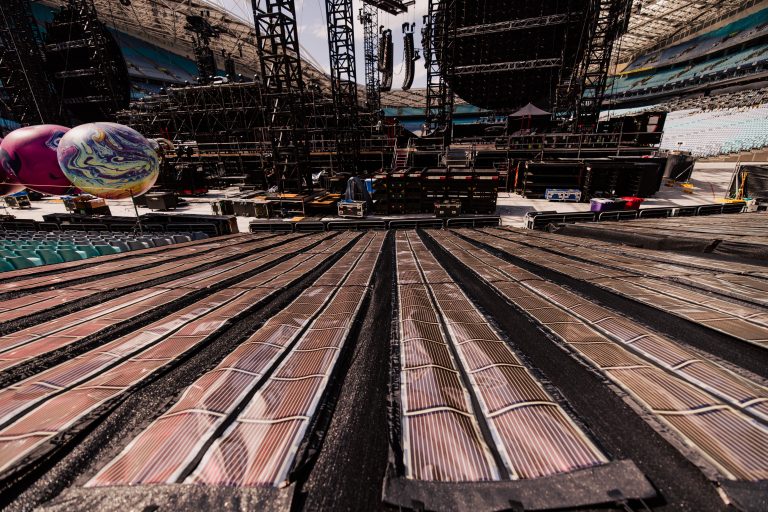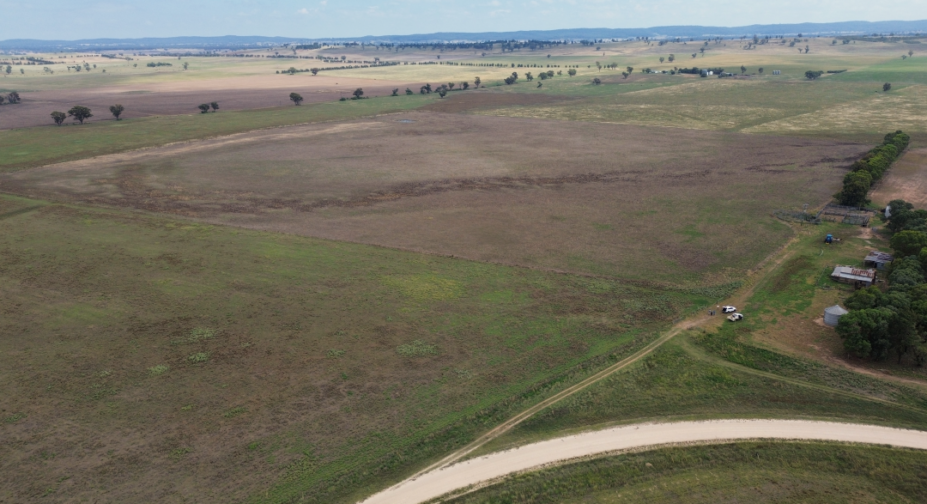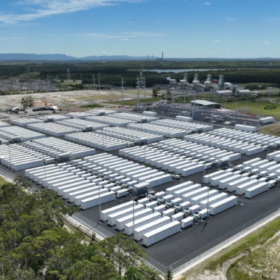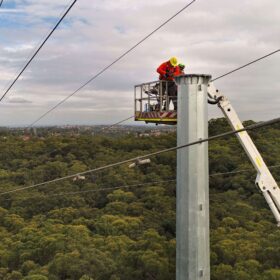Newcastle-based Kardinia Energy will advance plans to establish a commercial manufacturing facility for its innovative printed solar technology after securing $2.255 million in funding as part of the New South Wales (NSW) government’s $275 million Net Zero Manufacturing Initiative that aims to fast-track the next wave of clean technology solutions.
Kardina has developed a printed solar technology that is specifically engineered for environments where traditional PV panels face physical or economic constraints. Produced using a roll-to-roll (R2R) printing process, Kardinia’s recyclable solar modules utilise ultra-thin organic PV layers on PET plastic, weigh just 300 grams per square metre and are flexible enough to be rolled up. The technology has attracted world-wide attention after being used to support rock band Coldplay’s world tour.
Kardinia’s panels are currently produced using the R2R print facility at the Australian National Fabrication Facility – University of Newcastle Hub, but the company is now seeking to build the world’s first commercial printed solar manufacturing facility in Newcastle.
In a statement, the NSW government said, “this project boosts commercial readiness, enabling deployment where traditional solar is not viable and strengthens global market entry.”
Kardinia is among 13 companies that have shared $26.2 million awarded in the second round of the Net Zero Manufacturing Initiative.
Modular solar pioneer 5B has secured $2.5 million to prototype, test, and pilot the next-generation of its Maverick solution, a pre-assembled PV array that can be unfolded and deployed easily at project sites, dramatically reducing installation times and labour hours.
The NSW government said the project will enable “major cost reductions and is designed for scalable manufacturing in high-labour cost environments like Australia.”
Sydney-headquartered BT Imaging has been awarded almost $600,000 to deliver an in-line photoluminescence (PL) and machine vision system with automated tuning, designed to boost solar cell and module efficiency.
Other recipients include Lab360 which has been awarded $1.775 million to commercialise drone-based PL imaging for residential, commercial and utility-scale solar, and FPR Energy which has landed $4.85 million to commercialise its particle-based concentrated solar thermal technology. A list of all the projects to secure funding is available here.
NSW Energy Minister Penny Sharpe said the grants focus on developing and implementing technologies that don’t currently exist in the marketplace but have the capability to reduce emissions and assist with the state’s net zero targets.
“This investment will see these projects transition into practical, real-world solutions for emissions reduction that also boost innovators, investment and new jobs.”
The state government said the projects are required to be completed by 2028, and each t will progress through stages including design, prototyping, construction, testing and real-world scenarios to ensure commercial viability.
This content is protected by copyright and may not be reused. If you want to cooperate with us and would like to reuse some of our content, please contact: editors@pv-magazine.com.









By submitting this form you agree to pv magazine using your data for the purposes of publishing your comment.
Your personal data will only be disclosed or otherwise transmitted to third parties for the purposes of spam filtering or if this is necessary for technical maintenance of the website. Any other transfer to third parties will not take place unless this is justified on the basis of applicable data protection regulations or if pv magazine is legally obliged to do so.
You may revoke this consent at any time with effect for the future, in which case your personal data will be deleted immediately. Otherwise, your data will be deleted if pv magazine has processed your request or the purpose of data storage is fulfilled.
Further information on data privacy can be found in our Data Protection Policy.